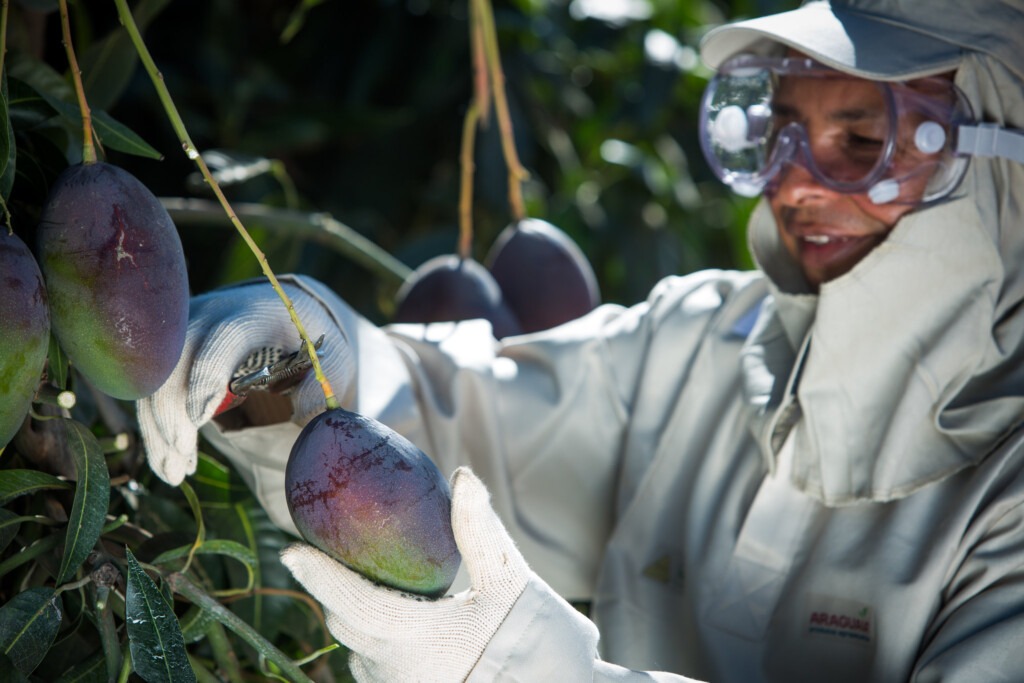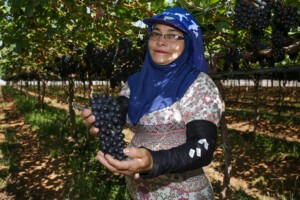Brazil is one of the most biodiverse countries in the world, with an incredible variety of native fruits rarely seen elsewhere on the planet: açaí, umbu, guava, cerrado pear, and mapati are just a few of them.
The Brazilian Farmers also supply better-known and much-loved exotic fruits, such as pineapple, papaya, mango, avocado, coconut, bananas, figs, passion fruit, guava, and persimmon, as well as more common fruits and firm favorites such as apples and pears, grapes and peaches, or melons and citrus fruits.


The demand for more variety in fresh and healthy food choices is continually growing, and so should the availability of products that make diversity possible. Producers of the main export fruits – such as pineapple, banana, citrus, apple, grapes, mango, and melon – guarantee the traceability of the production processes and ensure transparency to Brazil’s trade partners.
There are policies to guarantee Brazilian fruit quality and sustainability. Since 2001, farmers have been following the Integrated Fruit Production (PIF) certification. It means that agricultural inputs such as plant protection products and other technologies are used respecting the environment, soil, water, and the quality of the fruit.
Brazil is the number one producer of orange juice, producing around 1.2m tonnes, of which 75% is exported. While Brazil’s oranges are well-known, there are opportunities to grow exports of other fruits too.
Social development
Supporting and growing the fruit sector is a real driver of employment and social development, as much of the production is in some of the poorest areas of the country.
The southeast (with the native cambuci and uvaia fruits) and northeast (typical for Brazilian cherry, guava, cajá, and coconut) have significantly increased productivity over the last 15 years, which has been a real driver of employment, income, and transformation of the agribusiness. Each increase of 10% in fruit production increases the level of employment by 12.6%.


